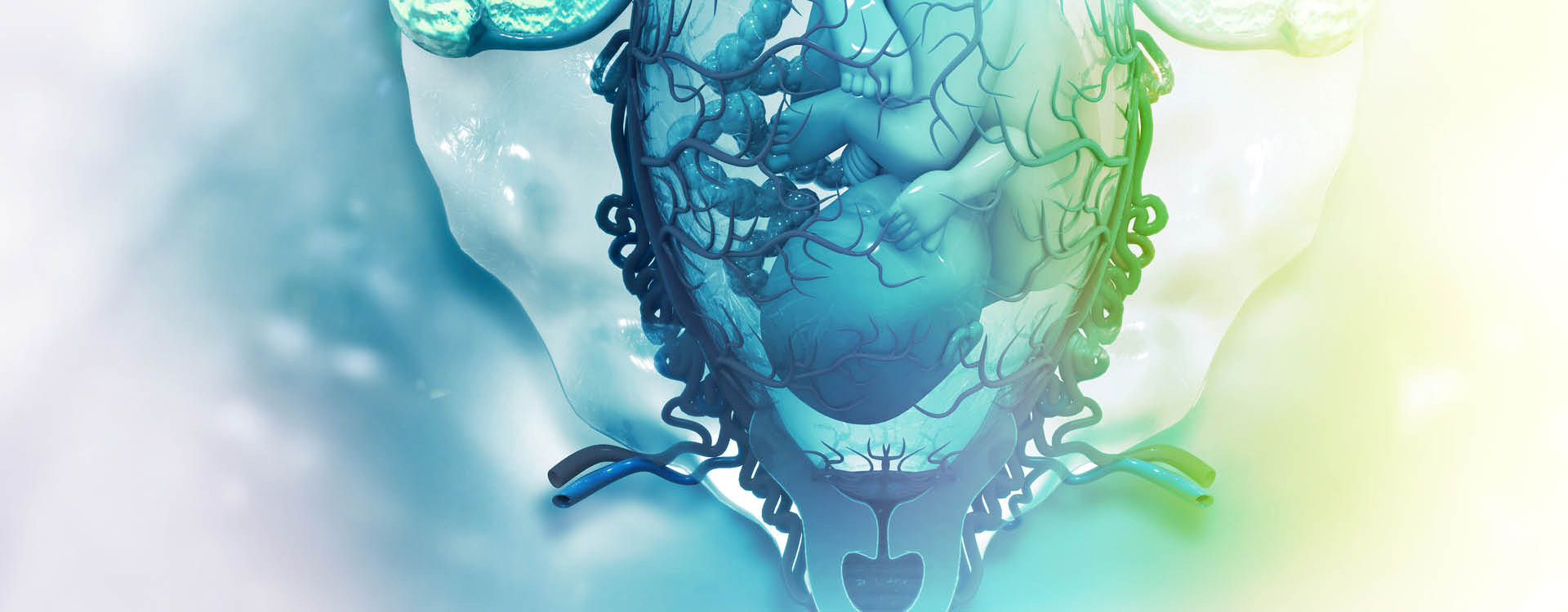Eating dates during pregnancy is not only safe but also beneficial. These nutrient-dense fruits can provide essential vitamins and minerals to support both mother and baby. Additionally, they may even help with labor preparation.
What Are Dates?
Dates are the sweet, chewy fruits of the date palm tree, primarily grown in Middle Eastern regions. They come in various varieties, including Medjool and Deglet Noor, and are celebrated for their rich flavor and high nutritional value. Packed with fiber, vitamins, and minerals, dates can be a fantastic addition to a balanced diet, especially during pregnancy.
Can You Eat Dates While Pregnant?
Yes, you can eat dates while pregnant. They are safe and provide numerous health benefits that can support your pregnancy journey. However, moderation is key, as dates are high in natural sugars and calories [*].
Benefits of Dates During Pregnancy
Dates are a powerhouse of nutrition, offering several advantages for pregnant women. Here are some of the standout benefits:
Nutritional Value
Dates are rich in essential nutrients, including fiber, potassium, magnesium, and vitamins B6 and K. Fiber aids digestion and helps prevent constipation, a common issue during pregnancy. Potassium helps regulate blood pressure, while magnesium is crucial for bone health [*].
According to USDA a serving size of 2 dates (49g) has the approximate nutritional value of [*]:
- Calories: 133
- Carbs: 36g
- Fiber: 3.2g
- Protein: 0.8g
- Sugar: 32g
- Fat: 0g
- Calcium: 2% of the Daily Value (DV)
- Iron: 2% DV
- Potassium: 7% DV
- Copper: 19% DV
- Vitamin B6: 7% DV
- Magnesium: 6% DV
Natural Energy Booster
Pregnancy can be exhausting, and dates serve as a natural energy booster. With their high carbohydrate content, they provide a quick energy source, making them a great snack during the day [*].
Supports Fetal Development
The vitamins and minerals found in dates contribute to fetal growth and development. For instance, vitamin K is essential for bone development and blood clotting, while folate helps prevent neural tube defects [*][*].
May Ease Labor
Some studies suggest that consuming dates in the later stages of pregnancy may help with cervical dilation and reduce the need for induced labor [*].
Potential Side Effects of Dates in Pregnancy
While dates offer numerous benefits, it’s important to be aware of potential side effects when consuming them during pregnancy.
- High Sugar Content: Dates are naturally high in sugar, which can lead to increased blood sugar levels. Pregnant women, particularly those with gestational diabetes, should monitor their intake closely [*].
- Digestive Issues: Due to their high fiber content, overconsumption of dates can lead to digestive discomfort, including bloating and diarrhea. Moderation is key to enjoying their benefits without adverse effects [*].
- Caloric Density: Dates are calorie-dense, which can contribute to excessive weight gain if consumed in large quantities. Balancing them with other healthy foods is essential [*].
Do Dates Induce Labor?
Yes, dates may help induce labor. Some research indicates that eating dates in the last weeks of pregnancy can facilitate cervical ripening and may shorten labor duration [*].
How Do Dates Help With Labor?
Dates contain natural sugars, which provide energy, and compounds like tannins, which may promote uterine contractions. They also contain oxytocin-like compounds that might stimulate labor [*][*].
How Fast Can Dates Induce Labor?
While dates may aid in the process, they are not a guaranteed method for inducing labor. Their effectiveness can vary from person to person. Generally, if they do help, it may be in the weeks leading up to the due date.
How Many Dates to Eat During Pregnancy?
A common recommendation is to eat about six dates a day in the weeks leading up to your due date. However, it's always best to consult with your healthcare provider for personalized advice [*].
When to Start Eating Dates in Pregnancy
It’s generally recommended to start incorporating dates into your diet during the third trimester, around 36 weeks of pregnancy. This timing is suggested because dates may aid in preparing the body for labor by promoting cervical ripening, which can lead to a smoother labor process. Consuming dates in the final weeks can also provide a natural energy boost, helping to combat fatigue that often accompanies late pregnancy [*].
However, dates can be enjoyed earlier in moderation for their rich nutritional profile, which includes fiber, vitamins, and minerals essential for both maternal and fetal health. For instance, the fiber in dates can help alleviate common digestive issues like constipation, while the potassium content supports healthy blood pressure levels.
As always, it’s best to consult with your healthcare provider before making significant dietary changes to ensure that your choices align with your individual health needs and pregnancy progression [*][*].
How to Eat Dates During Pregnancy
There are various delicious ways to incorporate dates into your pregnancy diet. Here are some ideas:
- Snack on them: Enjoy dates as a quick snack on their own. Their natural sweetness can satisfy cravings for sugary treats.
- Blend into smoothies: Add dates to your morning smoothie for a natural sweetener. They pair well with bananas, almond milk, and spinach.
- Add to salads: Chop dates and sprinkle them over salads for added sweetness and texture. They complement ingredients like nuts and cheese beautifully.
- Bake with them: Use dates in baked goods, such as muffins or energy bars. They can replace refined sugars and add moisture to recipes.
Dates and Pregnancy FAQ
How many dates can I eat in early pregnancy?
In early pregnancy, it’s advisable to enjoy dates in moderation, typically around two to three. This amount allows you to reap the nutritional benefits without overloading on sugar and gives you space in your diet to enjoy other fruits as well.
Do dates soften the cervix?
Yes, research indicates that dates may help soften the cervix in preparation for labor. A study found that women who consumed dates in the last few weeks of pregnancy experienced a higher rate of cervical dilation and a lower need for labor induction.
The natural compounds found in dates, including tannins and flavonoids, are believed to play a role in promoting cervical ripening, making the body more prepared for labor. However, while these findings are promising, more research is needed to fully understand the mechanisms involved [*].
How do dates make labor easier?
Dates may facilitate easier labor by promoting cervical ripening and providing sustained energy. The high sugar content in dates offers a quick source of energy, which can be beneficial during labor. Additionally, the consumption of dates has been linked to reduced labor duration.
A study in the Journal of Obstetrics and Gynaecology noted that out of all the women who consumed dates in the last few weeks of pregnancy only 37% required additional oxytocin compared to 50% in the control group which did not consume any dates. This could be attributed to the combination of natural sugars and specific nutrients in dates that support uterine health and muscle contractions [*].
Is 37 weeks too late to start eating dates?
No, starting to eat dates at 37 weeks is actually recommended by many health professionals as a way to prepare for labor.
Research suggests that incorporating dates into your diet during the last month of pregnancy can aid in cervical ripening and may reduce the likelihood of labor induction. Many women begin consuming dates around this time to help facilitate a smoother labor experience.
However, it's crucial to balance this with a nutritious diet overall and to consult your healthcare provider for personalized guidance [*].
Why avoid dates during pregnancy?
While dates offer numerous health benefits, some women may need to limit their intake due to their high sugar content, especially those diagnosed with gestational diabetes. Excessive sugar can lead to elevated blood glucose levels, which can be harmful to both mother and baby. If you are diabetic high blood glucose levels could even lead to your child being born overweight or prematurely.
Therefore, it's important for pregnant women to monitor their carbohydrate intake and choose snacks that align with their health needs.
Always consult with your healthcare provider to understand your individual dietary requirements and ensure that your nutrition supports a healthy pregnancy [*].
Which dry fruits should I avoid during pregnancy?
During pregnancy, it’s advisable to limit dried fruits that are high in added sugars or preservatives. Many commercially available dried fruits can contain significant amounts of added sugars, which can contribute to excessive calorie intake and potential health issues.
It's best to opt for natural varieties without added sugars or preservatives. Some dried fruits, like raisins or apricots, are nutritious in moderation but always read the labels carefully.
Consulting your healthcare provider can help you make informed choices about which dried fruits are best suited for your pregnancy diet [*].
The Bottom Line
Incorporating dates into your diet during pregnancy can be a nutritious and beneficial choice. They provide essential nutrients, and natural energy, and may even assist in labor preparation.
However, moderation is important, especially for those monitoring their sugar intake.
Always consult your healthcare provider to tailor dietary choices to your individual needs.
About MiracleCord
At MiracleCord, we recognize the critical role that planning and preparedness play in safeguarding your family's health. Our advanced cord blood and tissue banking services provide you with reassurance and valuable resources for your family's future medical needs.
The state-of-the-art facilities and dedicated team ensure that your baby's stem cells are collected, processed, and stored with the highest level of care. By choosing MiracleCord, you are taking a proactive step in protecting your family's health.
For more information about our services and how they can benefit your family, download our complimentary free information kit or call us at 888.743.2673. We look forward to partnering with you to secure a healthy future for your family!
DISCLAIMER: THE INFORMATION ON THIS WEBSITE IS NOT INTENDED TO BE USED AS MEDICAL ADVICE.The materials and information contained on the MiracleCord website is provided for educational and informational purposes only, and is not intended to, and does not constitute, medical or other health advice or diagnosis, and should not be used as such. You should not use this information to diagnose or treat a health problem or disease. If you are seeking personal medical advice, you should consult with a licensed physician. Always consult with a qualified health care provider regarding a medical condition.




